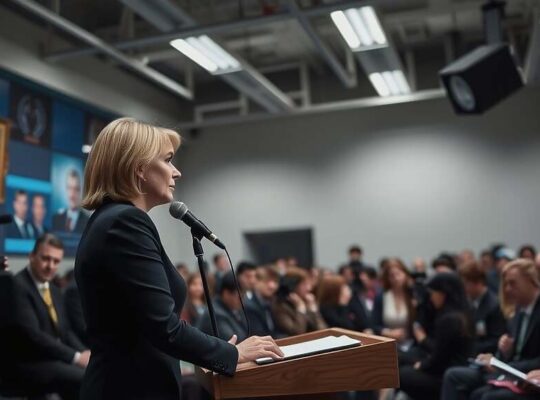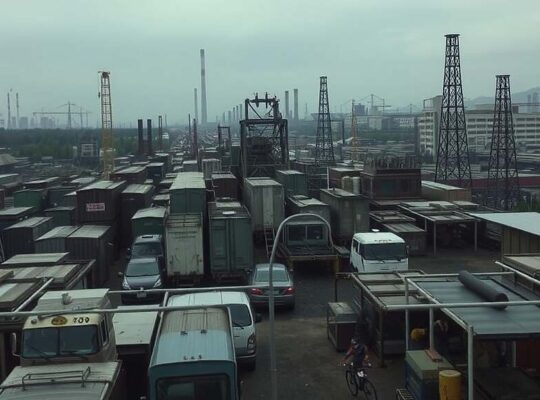Consumers and businesses are likely to see a decrease in electricity prices next year. Charges for the use of high-capacity power lines could fall significantly in 2026, potentially impacting the final prices paid by both private and commercial consumers.
According to reports from the FAZ newspaper, the four transmission network operators responsible for maintaining the nation’s power grid are planning to reduce their fees by almost 60% next year. This reduction is directly linked to a government subsidy of €6.5 billion earmarked for network charges.
The figures cited are based on preliminary operator calculations, with final amounts needing to be formally registered by October 1st. Distribution network operators, who receive the electricity and supply end consumers, will then calculate their own charges based on this information. The complete set of charges, which account for roughly one-third of overall electricity costs, are expected to be finalized on October 15th.
The Federal Ministry for Economic Affairs, headed by Katherina Reiche, views this development as a positive outcome. A ministry spokesperson told the FAZ, “The subsidy implemented by Minister Reiche for transmission network costs is taking effect”. This measure is intended to relieve pressure on businesses and consumers by €6.5 billion, mitigating the impact of high electricity prices on competitiveness.
The anticipated reduction is expected to have a substantial impact on small and medium-sized enterprises, industry and household consumers. The spokesperson provided an illustrative example: “For household customers, we anticipate an average relief of two cents per kilowatt-hour, equivalent to approximately €100 for a four-person household.
However, opposition voices remain cautious. Michael Kellner, energy policy spokesperson for the Green Party parliamentary group, expressed concerns about the lack of long-term stability. “Businesses need planning certainty, therefore a permanent subsidy for network charges would be preferable” he stated. Kellner questioned whether the relief would be fully passed on to consumers and distributed equitably, noting that the government’s approach doesn’t guarantee either outcome. While he anticipates a relief of one to three cents per kilowatt-hour for citizens and businesses, he argued that a subsidy applied to levies would have been fairer, providing uniform relief across all regions.












